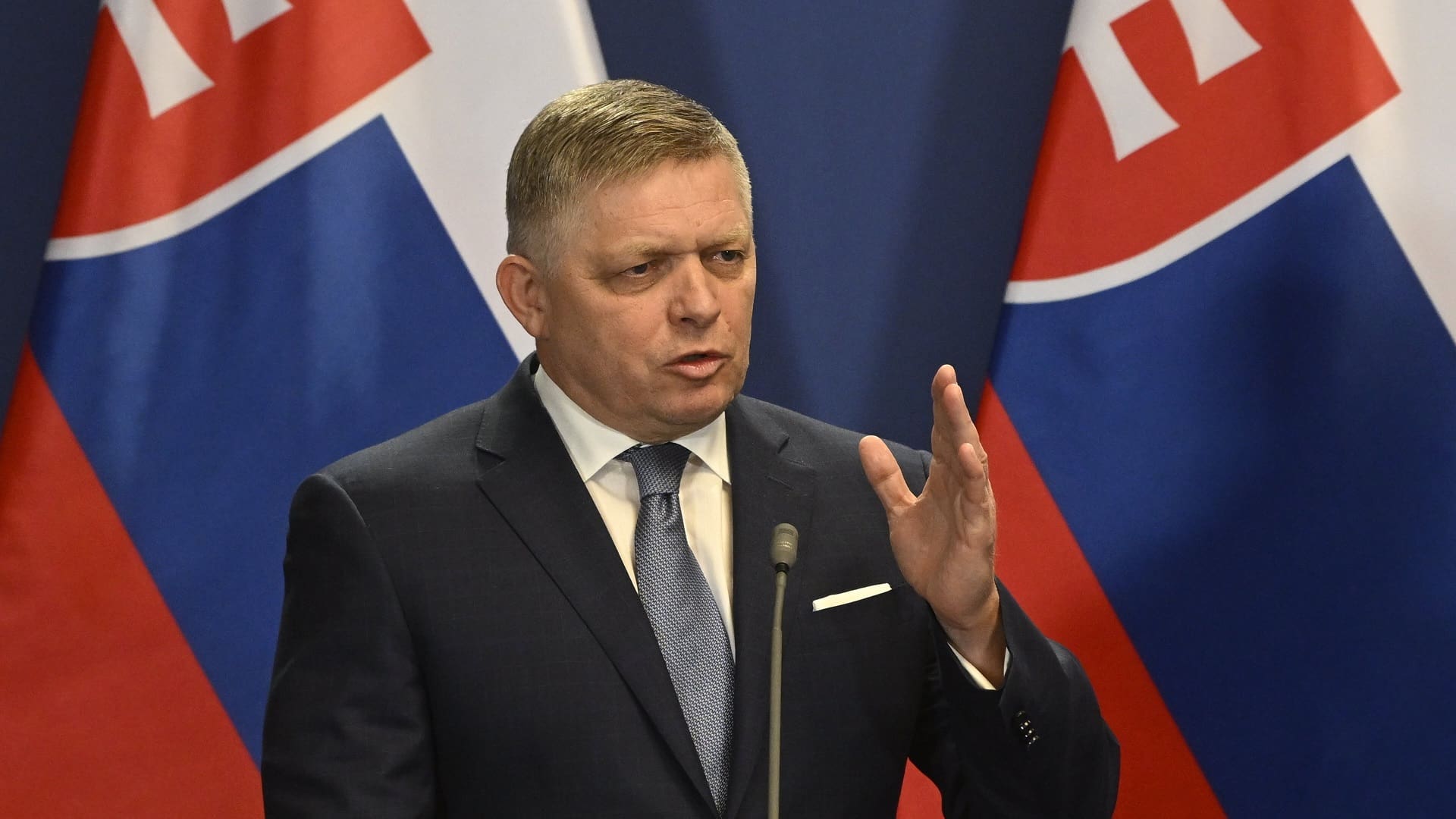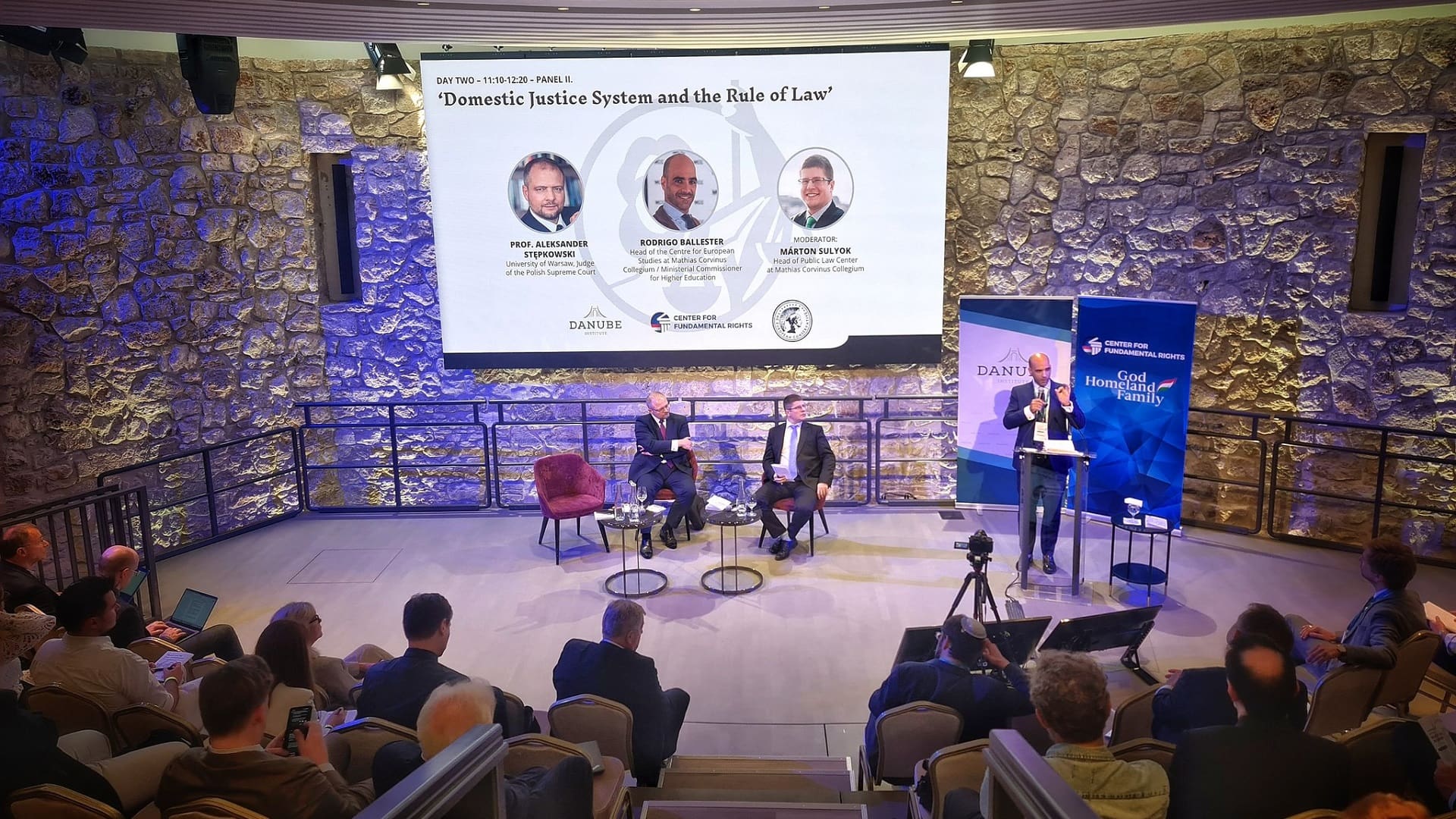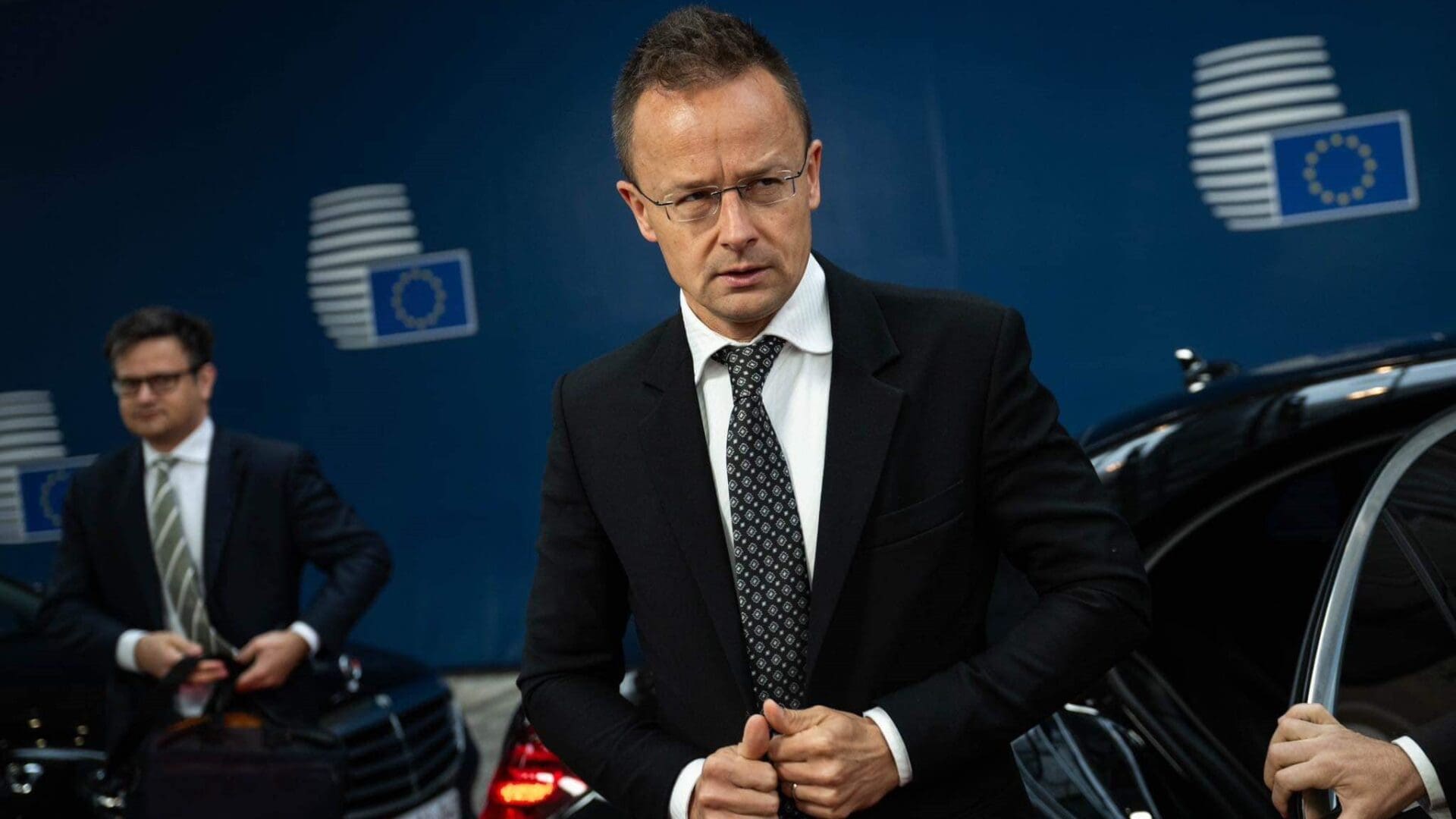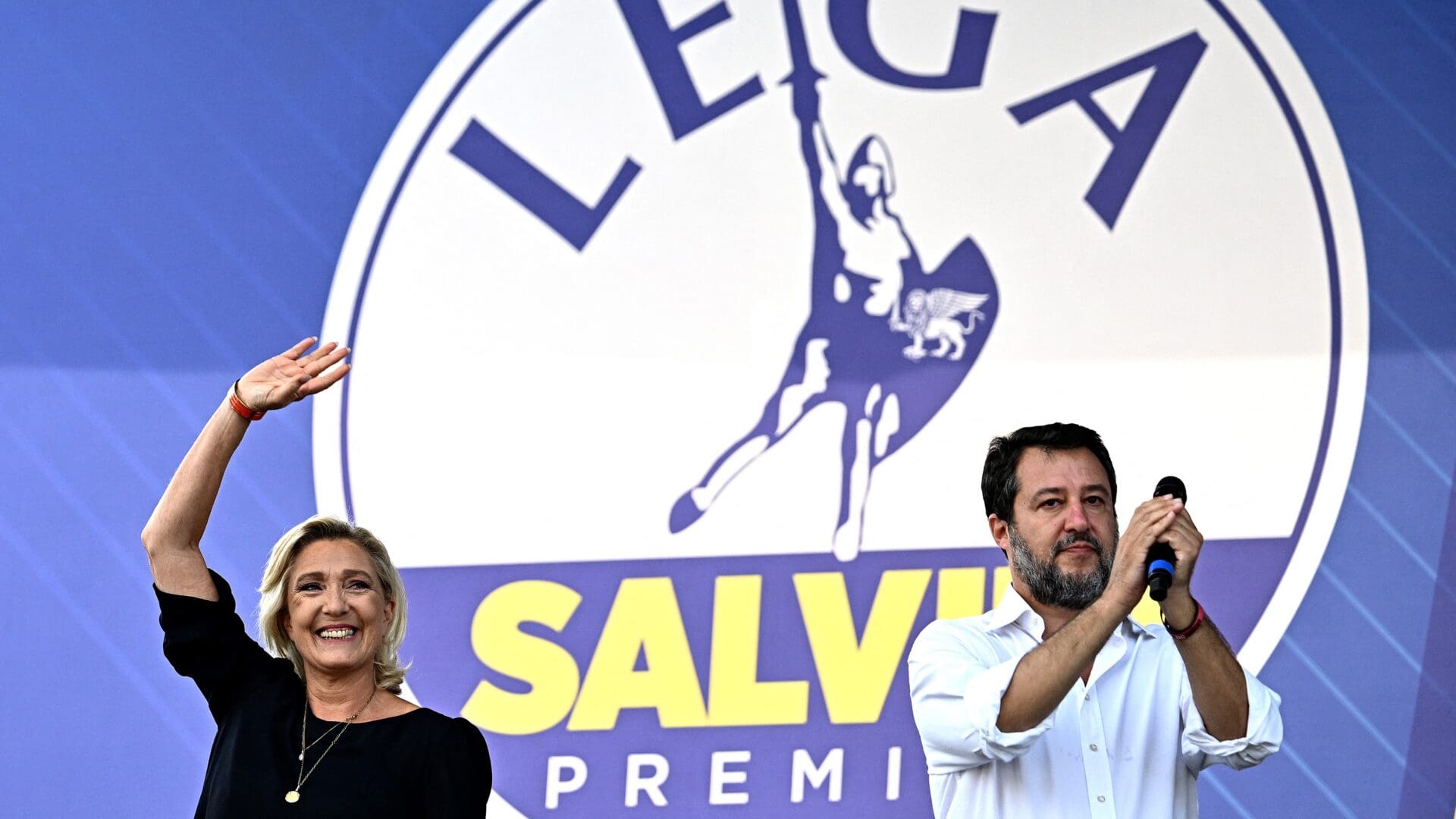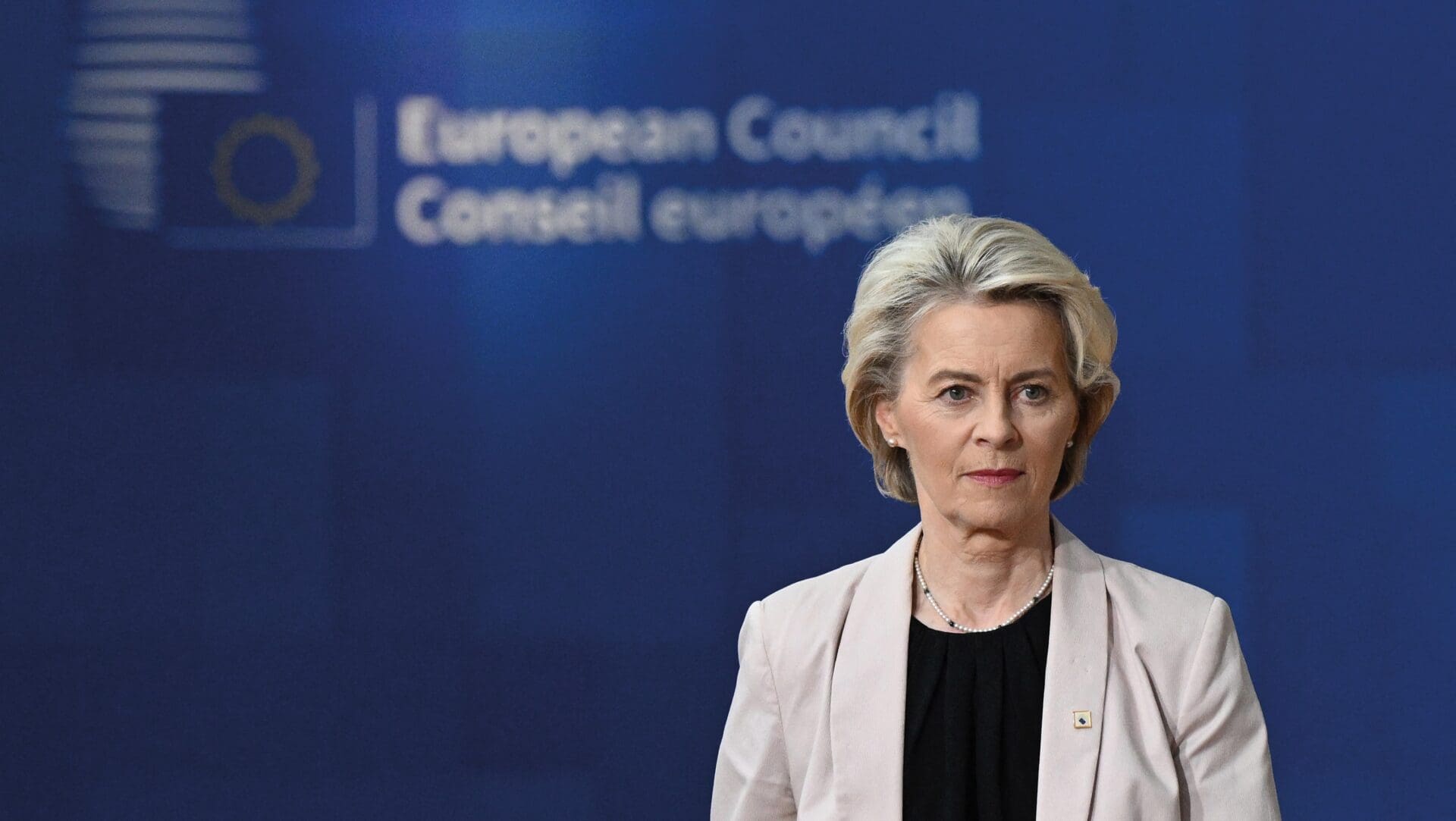
Slovak PM Robert Fico Leaves Hospital After Surviving Assassination Attempt
According to a statement from the F.D. Roosevelt University Hospital, Slovak Prime Minister Robert Fico has been discharged and is currently under home care. Fico was shot five times on 15 May and has undergone several life-saving operations over the past two weeks.



